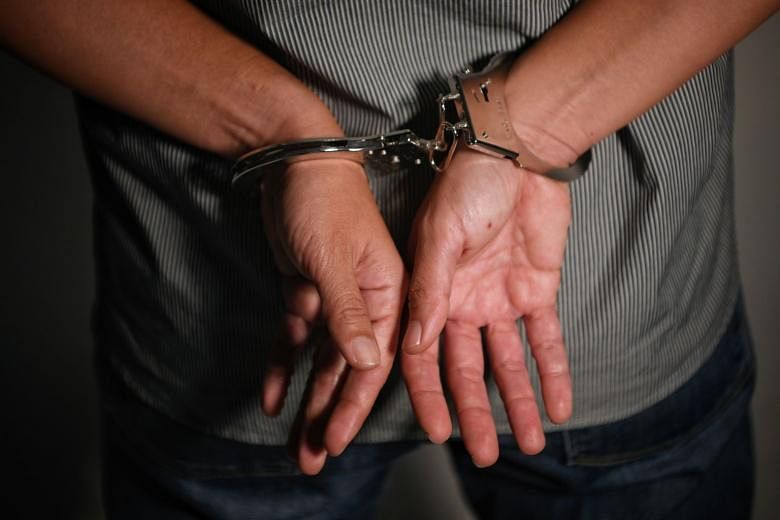We refer to the letter by Mr Rajasegaran Ramasamy (No need to tweak law on detention without trial; Forum Online, Feb 8).
The powers under the Criminal Law (Temporary Provisions) Act (CLTPA) for executive detention have been used when prosecution in court was not possible, such as when witnesses were unwilling to testify in court due to fear of reprisals.
The CLTPA has been used, for example, to deal swiftly and effectively with secret societies and drug-trafficking syndicates. This keeps Singaporeans safe.
The clause in the CLTPA providing that the Home Affairs Minister's decisions on the facts are final is not new. It simply crystallises the position that has been set out by the courts.
And, as has been explained, neither this finality clause nor any of the other amendments affect the power of judicial review that has been set out by the courts. Lawyers, will or should know that.
The amendments also introduce provisions for better, more effective rehabilitation of supervisees.
The CLTPA contains several safeguards. For example, the public prosecutor's consent has to be obtained before any detention order (DO) or police supervision order (PSO) is made.
Every DO and PSO must be reviewed by an independent advisory committee - comprising prominent private citizens, including Justices of the Peace, former judges and senior lawyers - after which it will make its recommendation to the president.
From next month, these advisory committees will be chaired by sitting judges of the Supreme Court of Singapore. This will make the checks and balances in the CLTPA process even more robust.
Sunny Lee
Director, Media Relations
Ministry of Home Affairs

